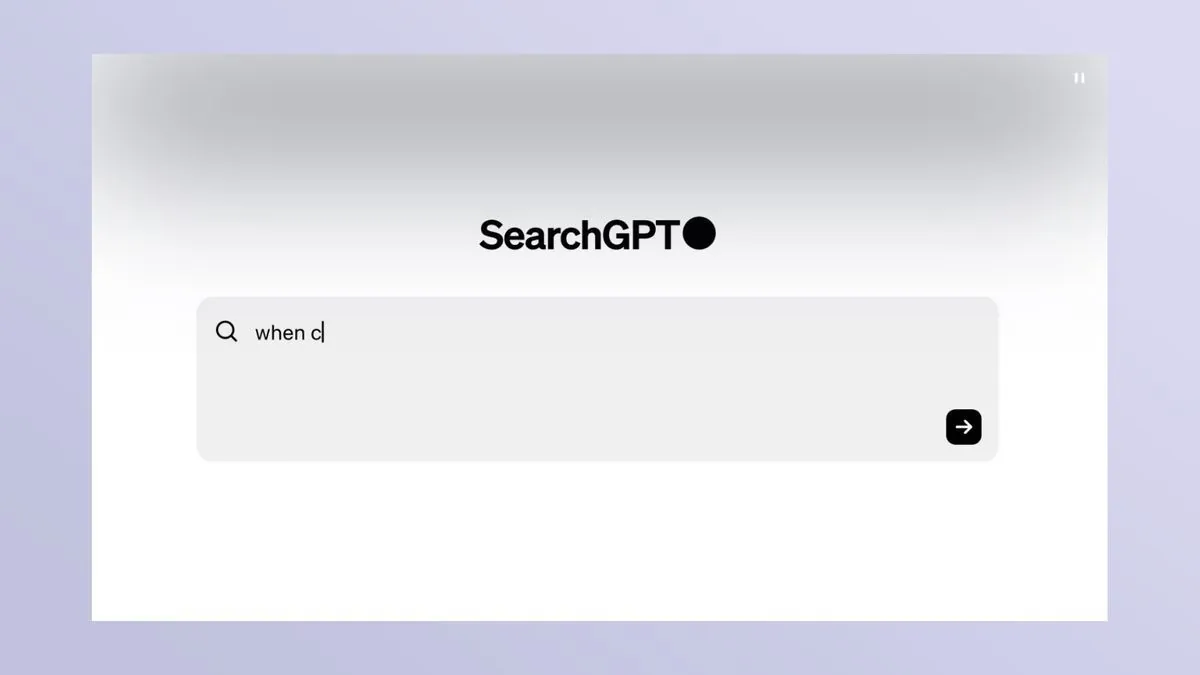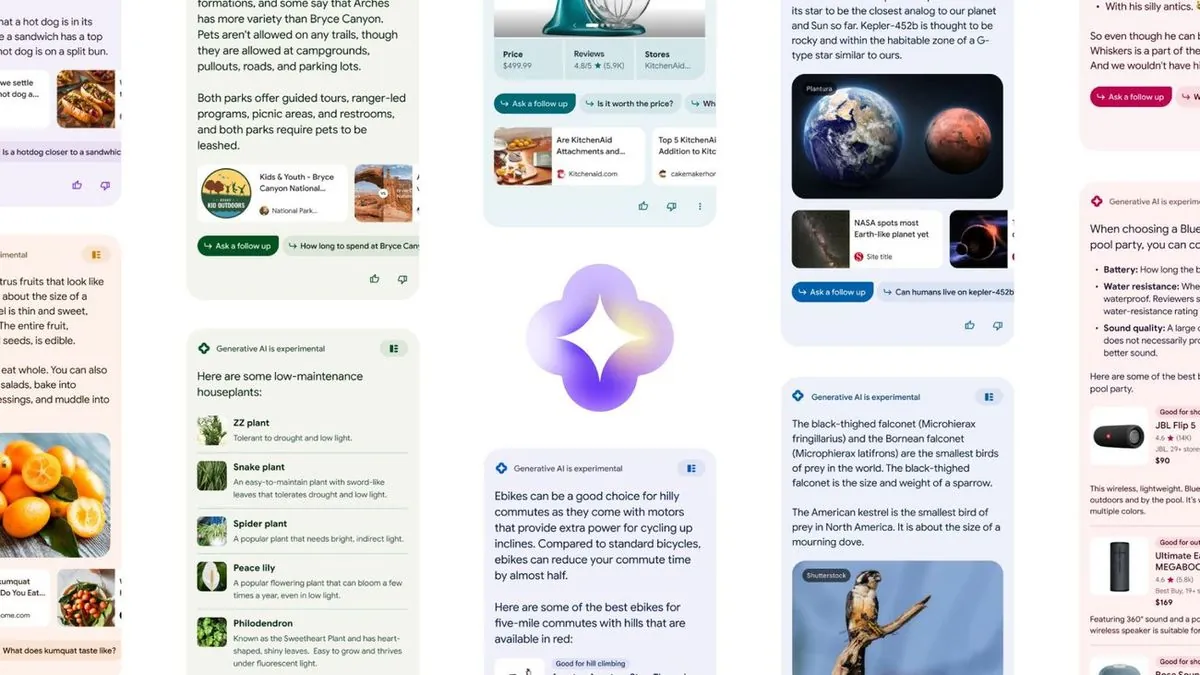OpenAI's SearchGPT: Promising Yet Unready to Dethrone Google
OpenAI's SearchGPT shows potential but faces challenges in competing with Google's search dominance. Early testers report mixed results, highlighting both strengths and limitations of the AI-powered search tool.

OpenAI's much-anticipated SearchGPT, a prototype AI-powered search engine, has recently been made available to 10,000 early testers. However, initial feedback suggests that the tool is not yet prepared to challenge Google's long-standing dominance in the search market.
SearchGPT utilizes artificial intelligence to provide concise answers by summarizing information from various webpages, complete with clearly marked sources. This approach aligns with the growing trend of AI-assisted information retrieval, which has been a focus of major tech companies in recent years.

Despite its innovative features, SearchGPT has encountered difficulties with certain types of queries, particularly those related to shopping and local information. Additionally, some users have reported instances of "hallucinated" or incorrect information being presented, a common challenge for AI language models.
Kayla Wood, an OpenAI spokeswoman, stated that the company plans to incorporate the best features of SearchGPT into ChatGPT, their widely-used conversational AI. Wood also mentioned that OpenAI's business model is based on subscriptions, although it remains unclear whether SearchGPT will be offered as a free service or as part of a paid ChatGPT subscription.
The development of SearchGPT comes at a time when the search engine landscape is evolving rapidly. Since the launch of ChatGPT in November 2022, there has been speculation about AI chatbots potentially disrupting Google's position as the primary gateway to online information. However, Google's revenue has continued to grow, with CEO Sundar Pichai attributing this success partly to "tremendous ongoing momentum in search."
"People already turn to ChatGPT for information, and with the search features in the prototype, we want it to become a go-to place for even more questions."
While SearchGPT's interface bears similarities to traditional search engines, it encourages users to ask follow-up questions, blending elements of conversational AI with search functionality. This approach reflects a broader industry trend towards more interactive and context-aware search experiences.
Early users of SearchGPT have reported mixed experiences. Ananay Arora, a software engineer and AI researcher, found the tool's performance underwhelming compared to his expectations from OpenAI. Conversely, Daniel Lemire, a tech professional, expressed a preference for SearchGPT over Google's AI-generated overviews.
It's worth noting that Google, founded in 1998, has had over two decades to refine its search capabilities and build a vast index of the web. The company processes over 3.5 billion searches per day, demonstrating the scale of its operations and the challenge faced by new entrants in the search market.
As the search landscape continues to evolve, it remains to be seen how AI-powered tools like SearchGPT will impact user behavior and market dynamics. While SearchGPT shows promise, it appears that significant development is still required before it can pose a serious threat to Google's search dominance.


































